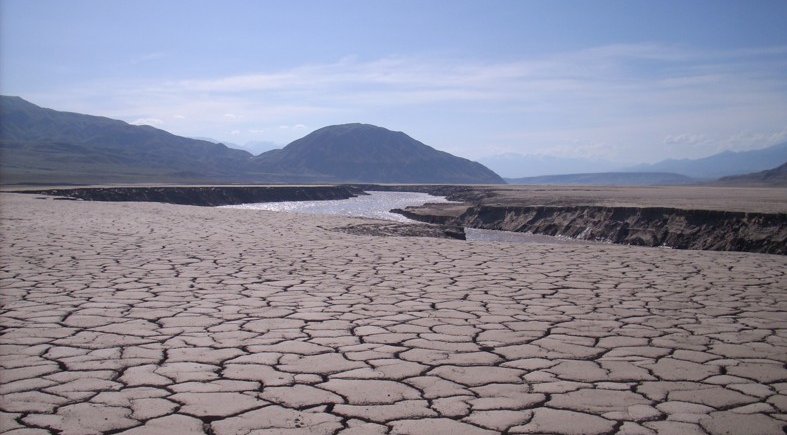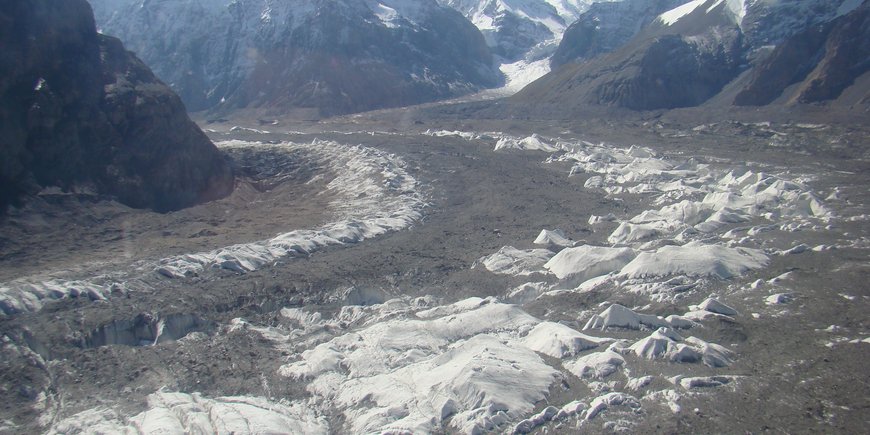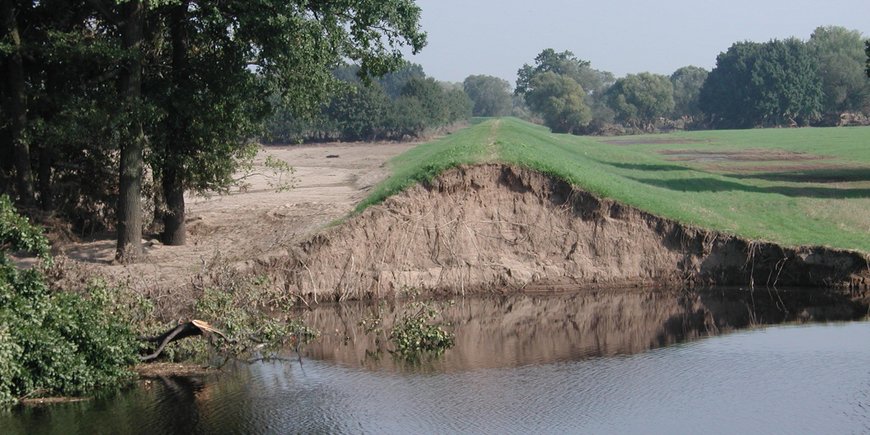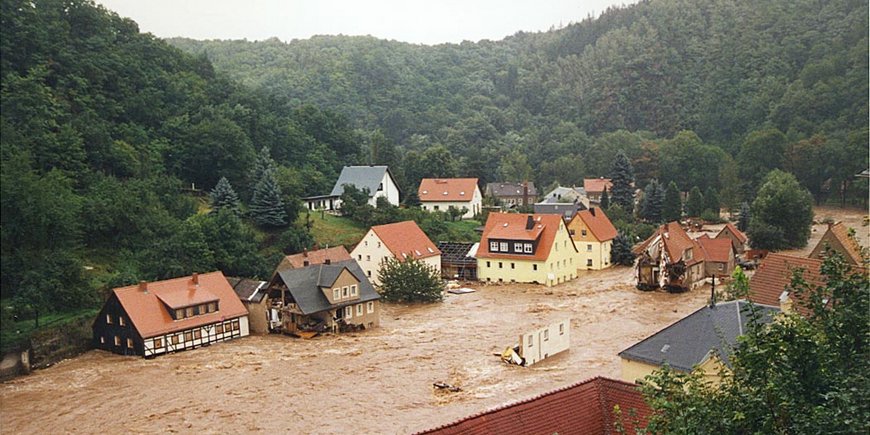In many parts of the world, the amount and quality of the available water is insufficient to satisfy the people's need for drinking water and for water for other purposes such as irrigation. It is especially critical that mankind is massively influencing the global water cycle, at the same time as climate change is affecting it. The question remains open, what affects human influence and climate change have on hydrological extreme events, floods and drought. One of the central topics of our section is research toward a better quantification of the water cycle and its changes in space and time. We are also working to better understand the hydrological risk and to derive lessons for the management of such catastrophes. For this work we also reach out to other experts in the various departments of the GFZ.
Although clean drinking water is one of the basic necessities of mankind, a solid, quantitative description of the global water household remains to be developed. Especially little is known about how the water household changes over time and space. At the present time, commonly available information is not sufficient to satisfactorily understand and simulate the spatial distribution of rivers, the reservoirs where water is stored in the cycle and the length of time it spends at each step of the cycle. The goal of our work is to improve this quantification. In the center of our efforts is the direct determination of those parameters with which the water household in a given watershed can be described. From this we develop hydrological models with which we can calculate the outflow and other important parameters.
The most costly natural disaster in Germany was the flood of August 2002 with damages of about 12 billion euros. Due to climate change, experts expect that the risk of hydrological extreme events will increase. The goal of our work is to develop methods to quantify the risk, as well as to manage the risk from these natural hazards. We view the entire chain of the process, from the initiating meteorological causes through the outflow in the watersheds, the waves of high water in the rivers and the effects of protective measures to the negative effects of hydrological extreme events. To do this, we develop simulation models of the various processes and calculate probabilities of occurrence and intensity for these hydrological extreme events. Using these tools, we can quantify their effects on mankind and his environment.







